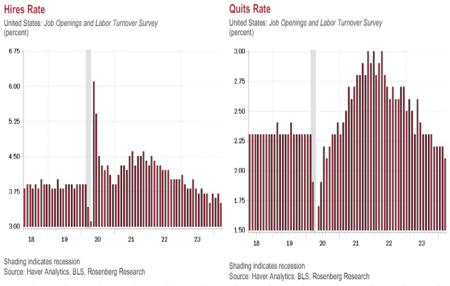Municipal governments across the United States are facing financial challenges as pandemic-related stimulus fades and inflation remains higher than anticipated. Despite high credit ratings and strong demand for urban commodities like housing, cities are struggling to manage their budgets. New York City, for example, had a total public debt of $177.6 billion at the end of fiscal year 2022, resulting in a per capita taxpayer burden of $61,200. These figures are higher than those provided by city officials, largely due to underreported pension debt obligations that will ultimately fall on future taxpayers.
A report by Truth in Accounting found that 53 of the largest cities in the U.S. were not generating sufficient revenue to cover their bills in 2022. Cities like Chicago, Houston, and Portland are all facing fiscal challenges related to underfunded pension obligations and retiree health benefits. The group believes that cities and states across the country are spending tomorrow’s money today in an unsustainable manner, leading to potential financial crises similar to Detroit’s 2013 bankruptcy.
New York City Comptroller Brad Lander is optimistic about the city’s financial future, despite the mounting debt burden. He supports a $12 billion expansion of the city’s debt limit to fund essential services and an expanded capital program focused on addressing issues such as the climate crisis. However, rising debts could lead to cuts in public services, dirtier streets, and tough decisions for public officials. Mayor Eric Adams introduced a Program to Eliminate the Gap, calling for spending cuts that could impact services like sanitation, libraries, public education, and more.
Fitch Ratings’ senior director Michael Rinaldi warns that if New York City is unable to issue debt to finance its capital plan, it could result in unsafe school conditions and overcrowding. While Adams initially proposed spending cuts, he later scaled back some of these measures due to the city’s stronger than expected economic performance. Despite this, Adams emphasized the importance of taking further steps to ensure the city’s finances remain stable in the future.
As cities across the U.S. grapple with mounting debt and constrained budgets, the need for responsible financial management and long-term planning becomes increasingly crucial. While some officials are optimistic about their ability to address these challenges through measures such as expanding debt limits, the overall trajectory of municipal finances remains uncertain. Tough choices may need to be made to balance budgets and prioritize essential services, with the potential for continued financial strain if proactive measures are not taken.















